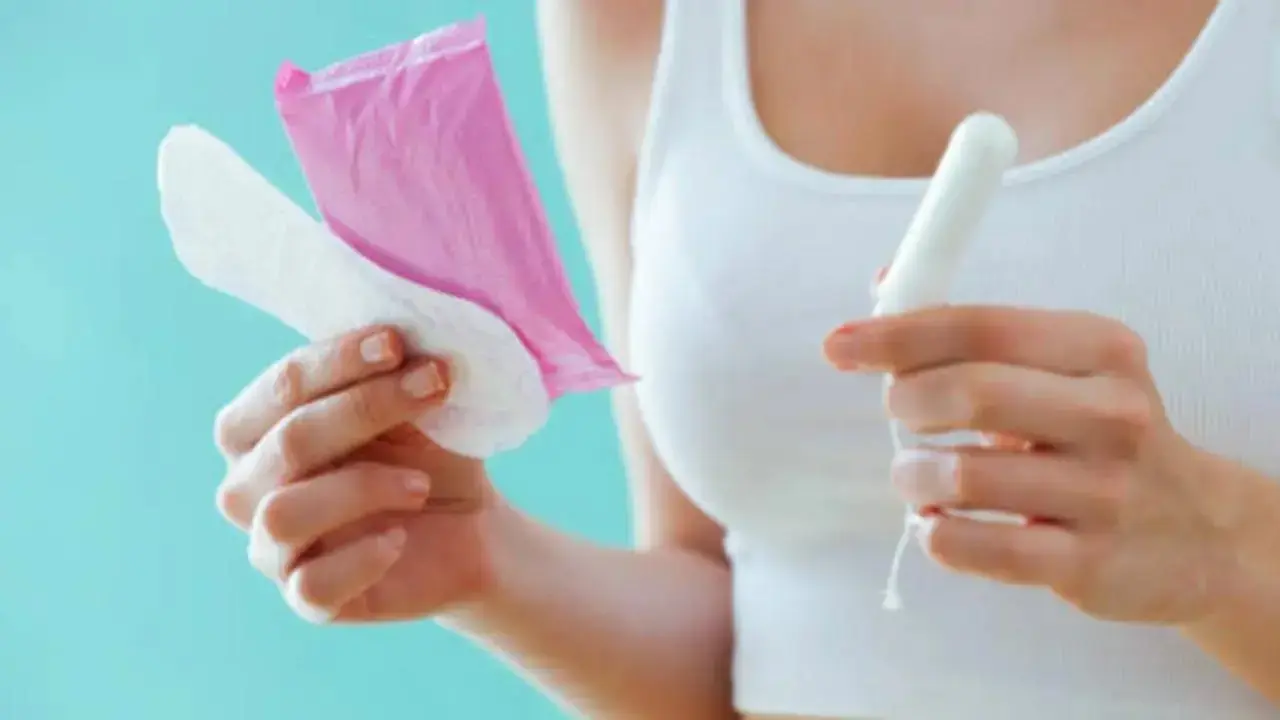
A group of adolescent girls from underserved communities in Mumbai has drafted what is being called the city’s first Charter of Menstrual Rights. The document was drawn up during a youth roundtable held to mark Child Rights Week and centred the lived experiences of girls who face stigma, discomfort, and lack of access during menstruation.
Hosted by menstrual health initiative Ujaas, the event took place at the Aditya Birla World Academy, on November 19 and brought together girls aged 14 to 19 from five grassroots organisations — Vacha, CHIP, PUKAR, OSCAR Foundation and CORO — who shared personal accounts of their first periods. Fear, shame, misinformation and social restrictions were recurring themes. Despite progress in policy and awareness in recent years, participants said their realities still include inadequate school infrastructure, limited product access and social pressure to hide or suppress menstruation.
The discussion was moderated by gender and sexuality educator Lochana Adivarekar, who facilitated a collaborative drafting process. The resulting Charter outlines priority demands including affordable menstrual products in schools and local communities; clean, safe toilets with disposal systems; menstrual and reproductive health education beginning from Grade 5 for all genders; adolescent-friendly healthcare with access to gynaecologists; and period-friendly spaces offering privacy and comfort.
The girls also highlighted the need for mothers, families and schools to become enabling environments, and for boys and men to participate as allies. Access to safe playgrounds and sports opportunities was added to support healthy menstrual cycles and encourage confidence among young girls.
Survey data presented at the event echoed the demands. A study of 3,000 girls across rural Maharashtra found product availability (22 pct), safe and clean toilets (19 pct), and early menstrual education (19 pct) to be their most urgent needs. Another 15 (pct) requested designated comfort spaces, while 13 pct pointed to a lack of safe disposal options. Seven per cent emphasised sensitisation of boys to reduce teasing and stigma.
Organisations attending the roundtable offered additional suggestions to feed into collective advocacy efforts. The completed Charter will be shared with community groups and stakeholders for wider study and programme design.
Speaking about the event, Ms. Poonam Patkar said, “The roundtable amplified voices that are often unheard. The leadership shown by these girls reflects both urgency and clarity about what they need. The Charter is a call for dignity, safety and equal opportunity—not just a document.”
The initiative aims to strengthen sustained dialogue on menstrual dignity by placing young girls at the centre of decision-making processes that affect them.
